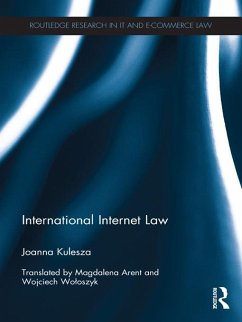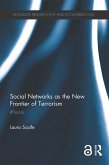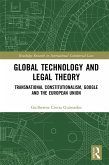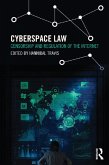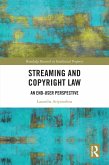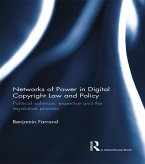Taking a comparative approach by examining how different jurisdictions such as the United States, the European Union, China and Singapore have attempted various solutions to the problem of Internet Governance, the author offers a practical solution to the problem and is a proponent of International Internet Law. Kulesza suggests that just as in the case of International Environmental Law, an Internet Framework Convention could shape the starting point for international cooperation and lead to a clear, contractual division of state jurisdictional competences.
International Internet Law is of particular interest to legal scholars engaged with the current challenges in international law and international relations, as well as students of law, international relations and political science. The issues discussed in the book are also relevant to journalists and other media professionals, facing the challenges of analyzing current international developments in cyberspace.
Dieser Download kann aus rechtlichen Gründen nur mit Rechnungsadresse in A, B, BG, CY, CZ, D, DK, EW, E, FIN, F, GR, HR, H, IRL, I, LT, L, LR, M, NL, PL, P, R, S, SLO, SK ausgeliefert werden.

